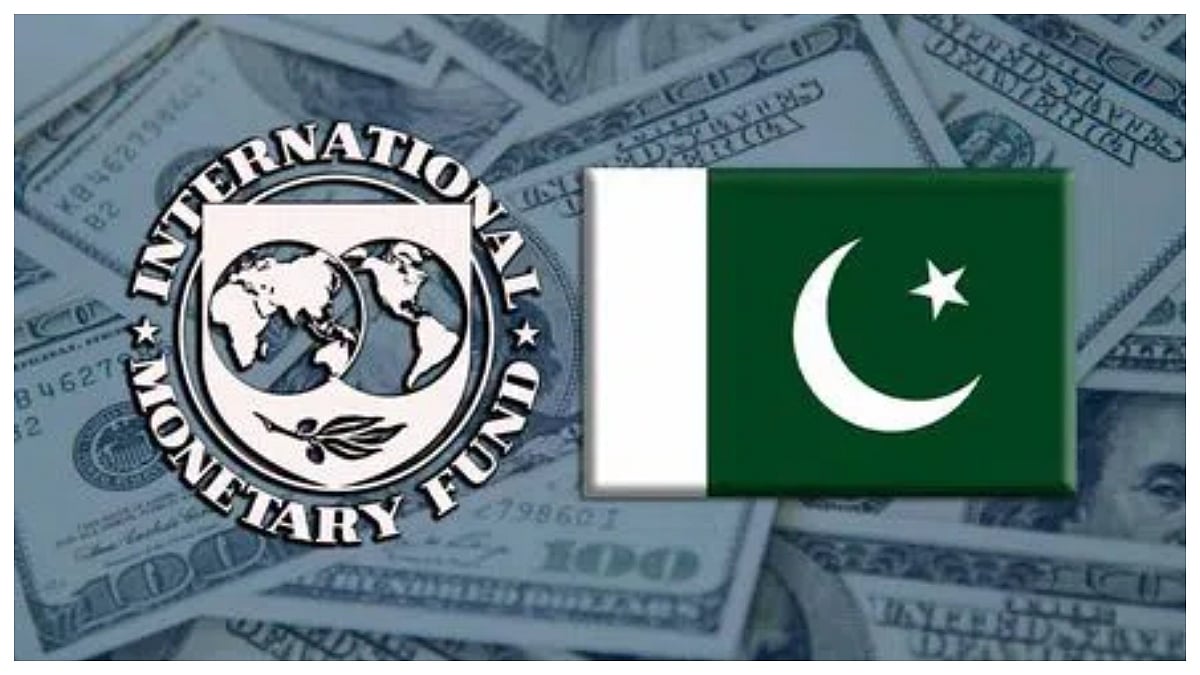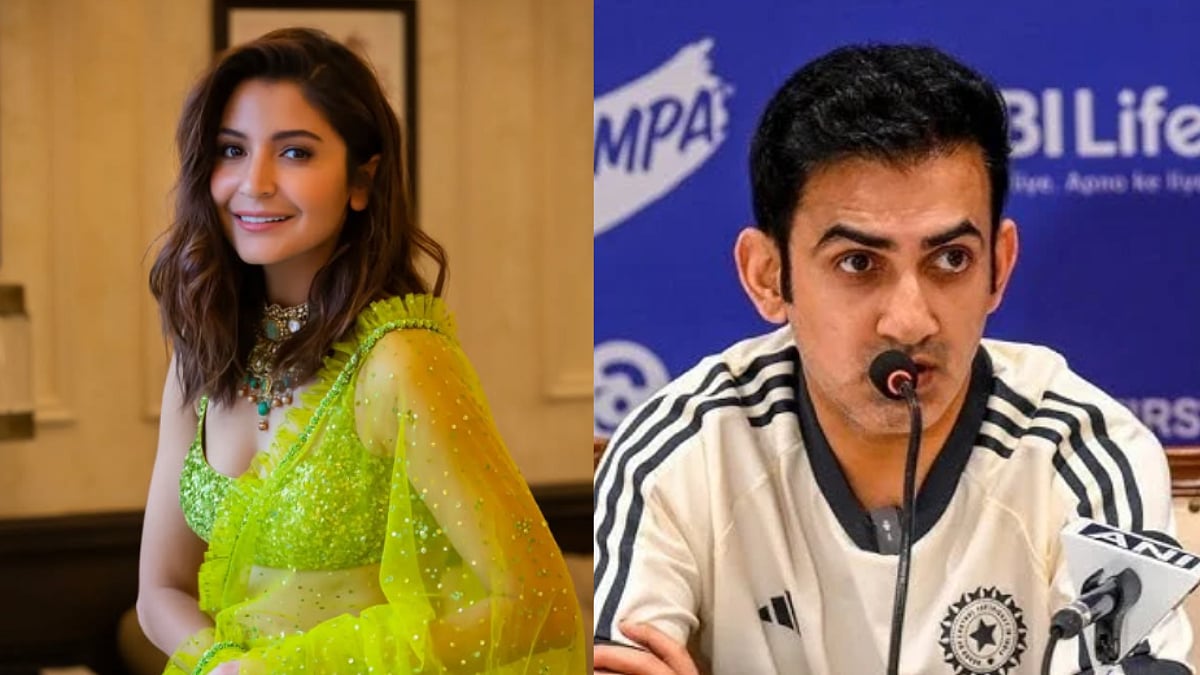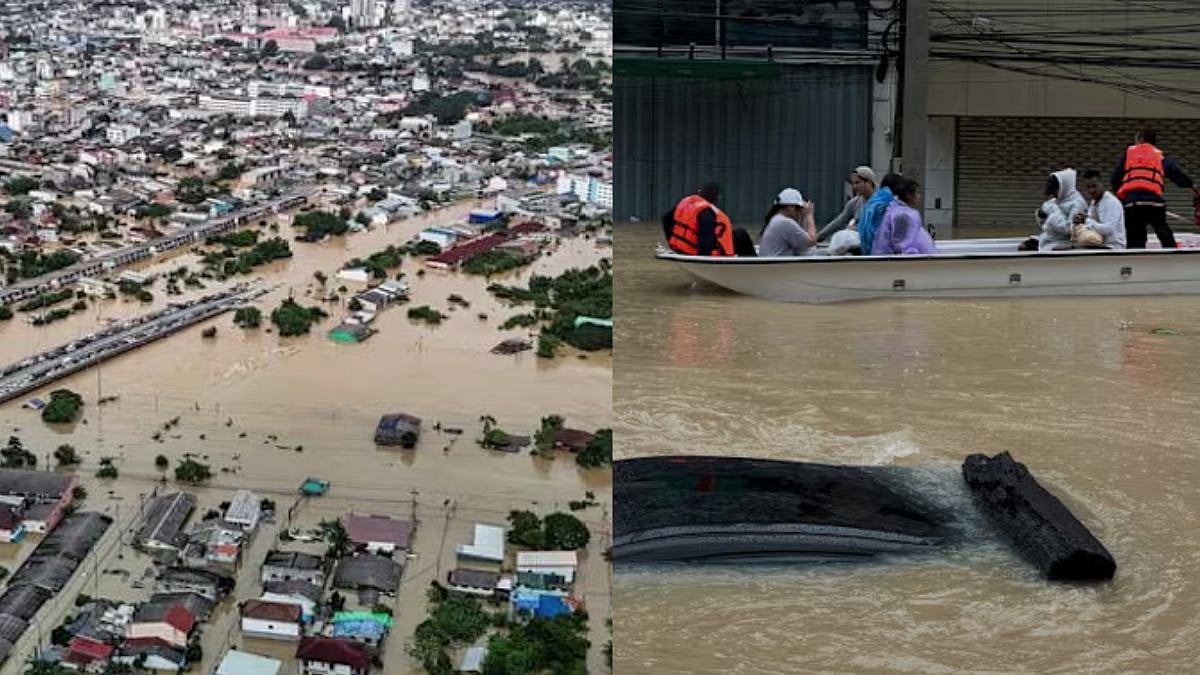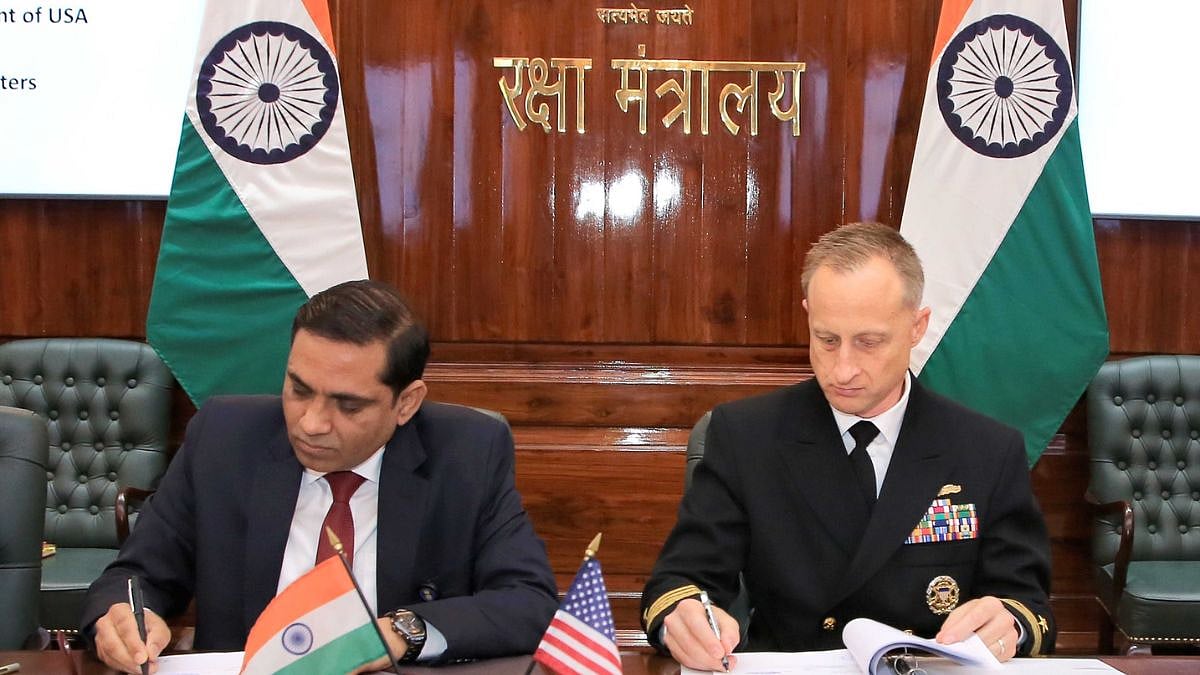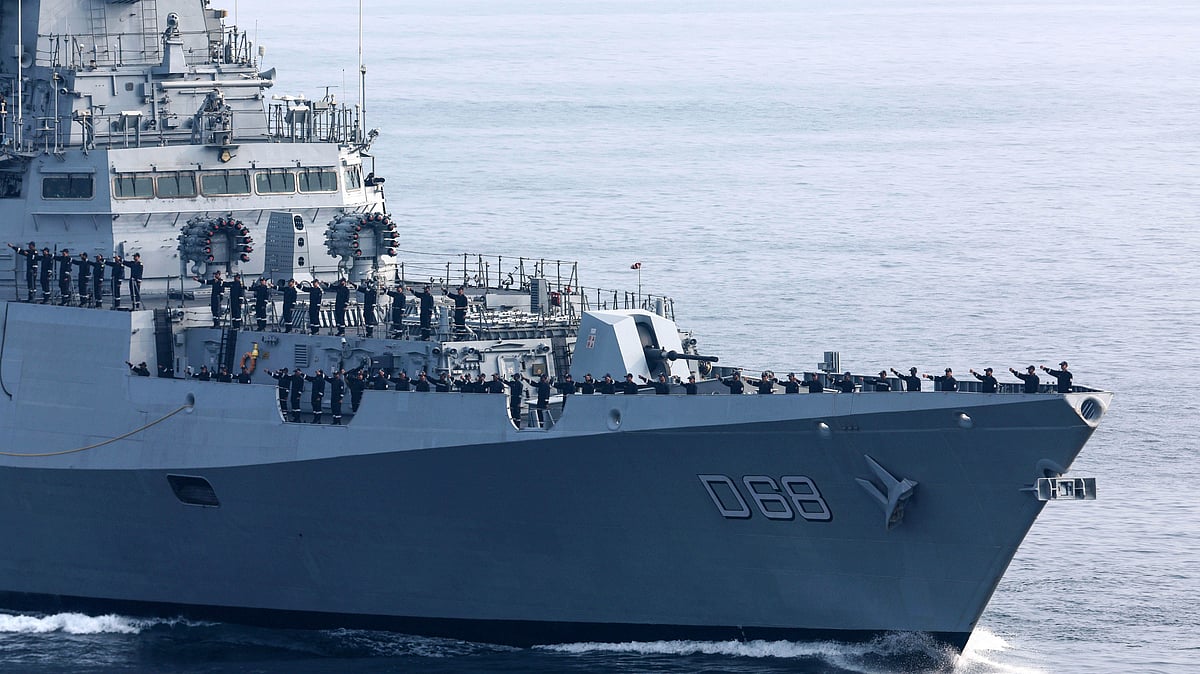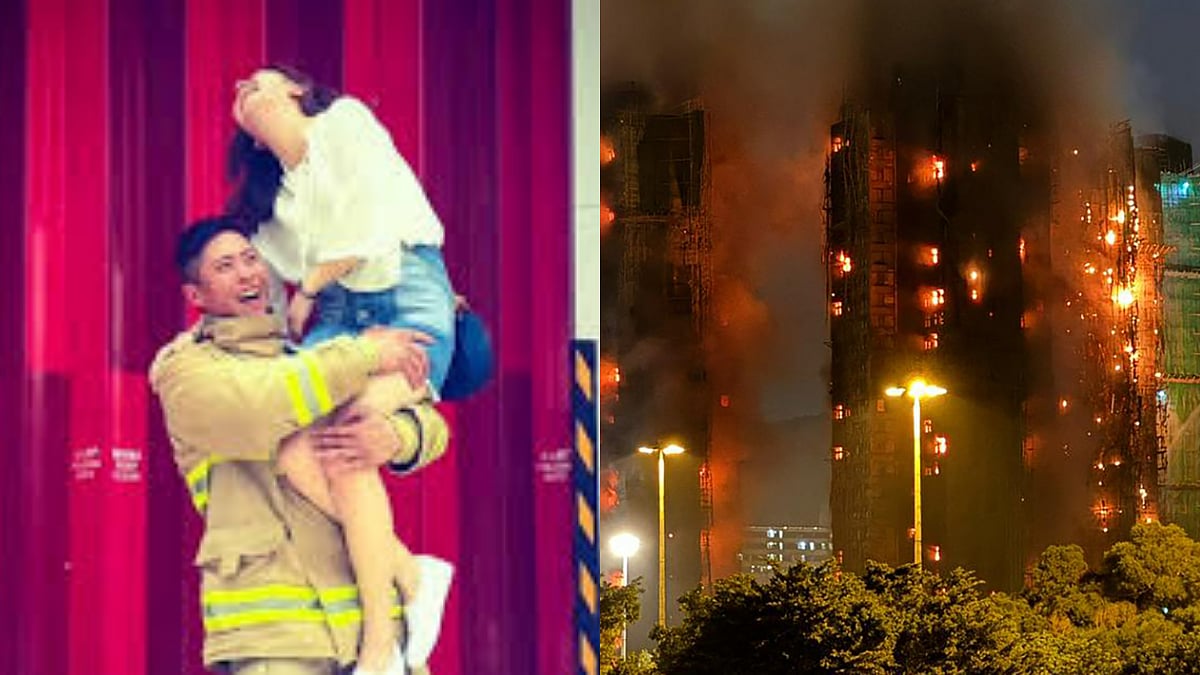Washington: The Biden administration is considering lifting sanctions on Iran's supreme leader, Ayatollah Ali Khamenei as part of negotiations aimed at reviving the 2015 nuclear deal.
As per NBC News, the information was disclosed by a former US official and two people familiar with the matter. The US and Iranian negotiators have discussed the possible move in indirect talks in Vienna, as part of a wider set of compromises that would see the United States return to the 2015 pact and Iran once again abide by restrictions on its nuclear program, the sources said, reported The Frontier Post.
"I think that's definitely an Iranian demand," said Vali Nasr, professor of International Affairs and Middle East Studies at the Johns Hopkins University School of Advanced International Studies who worked as a diplomat in the Obama administration. "And I think the US is open to it." Asked about the option of lifting sanctions on the supreme leader, a State Department spokesperson told NBC News, “The precise nature and sequence of the sanctions-related steps that the US would need to take to achieve a mutual return to compliance with the JCPOA objectives is a subject of the talks.” The spokesperson added: “Nothing is agreed until everything is agreed." Meanwhile, Iranian President Rouhani's chief of staff Mahmoud Vaezi was quoted in Iranian media saying the US had already agreed to lift sanctions on some of Iran's senior leadership, but US officials denied that account, reported The Frontier Post.
Asked about lifting sanctions on the supreme leader, a senior State Department official on Thursday left the door open to the move but said nothing had been agreed so far. “We are still working through all these issues, and that includes the issues of sanctions that you mentioned,” the official said.
Removing the sanctions on the supreme leader might help the Biden administration as it tries to persuade Tehran to accept several difficult compromises in the negotiations, according to Ali Vaez of the International Crisis Group think tank.
"At the end of the day, what is a more significant priority -- curbing Iran's nuclear program or imposing sanctions that in practice have almost no impact?" Vaez said.
The 2015 nuclear deal between Iran and world powers, known as the Joint Comprehensive Plan of Action (JCPOA), introduced limits on Iran's uranium enrichment and other nuclear work in return for easing economic sanctions.
Former President Trump pulled the United States out of the deal in 2018, arguing it was skewed in Iran's favour and imposed an array of sanctions that have severely damaged Iran's economy.
The Biden administration says the United States is ready to return to the deal if Iran once again complies with the nuclear restrictions. After six negotiating rounds in Vienna, the two sides say they have made progress but there are still key issues left to resolve, reported The Frontier Post.
"We still have serious differences with Iran with regard to returning to mutual compliance with the JCPOA. Our teams are going back for a seventh-round of indirect negotiations in the coming days," Secretary of State Antony Blinken said Friday. "We'll see if we can bridge the differences, but they're real, and we have to be able to bridge them." The contours of a possible deal have emerged, and it's increasingly clear both sides will have to sacrifice some of their original demands and goals, according to former US officials and Western diplomats, reported The Frontier Post.
Despite Iranian appeals, US officials have indicated that some sanctions imposed by the previous administration will remain in place if they are not inconsistent with the JCPOA.
Iran has also asked for a guarantee that the deal will not be abandoned by a future US President, but the Americans have indicated no such guarantee is possible under the US political system.
For its part, the Biden administration has demanded a commitment to engage in follow-on talks to bolster and expand on the existing JCPOA, but Iran has virtually ruled that out, saying they are only interested in renewing the 2015 accord, reported The Frontier Post.
Further, with a new hardline President, Ebrahim Raisi, preparing to take office in Iran after elections this month, his allies in the regime will be pushing for a deal now or not at all, so that the outgoing President, Hassan Rouhani, is tied to any concessions made to the Americans, Vaez said.
"I have a strong sense that the Iranian system knows by now what it takes to get this deal done, and knows that it requires painful concessions," Vaez said.
Iran will not negotiate endlessly over the revival of the 2015 nuclear deal, a top official said here, while also urging the US to abandon the "failed legacy" of former President Donald Trump.
The remarks were made on Saturday for Foreign Ministry spokesman Saeed Khatibzadeh in a tweet, reports Xinhua news agency.
Iran has actively participated in the Vienna talks aimed at the revival of the nuclear agreement, also known as the Joint Comprehensive Plan of Action (JCPOA), which the US tried to "destroy", Khatibzadeh added.
Since April 6, Washington and Tehran have had six rounds of indirect negotiations in Austria's capital Vienna aimed at reviving the nuclear deal.
A US State Department official said last week that the two countries still have serious differences "over a host of issues, whether it's the nuclear steps that Iran needs to take, the sanctions relief that the US would be offering or the sequence of steps that both sides will be taking".
The official suggested that a deal between the two sides remains possible, saying the US team would attend the seventh round of talks "sometime in the not too distant future".
The US government withdrew from the JCPOA in May 2018 and unilaterally re-imposed sanctions on Iran.
In response, Iran gradually suspended parts of its JCPOA commitments from May 2019.

